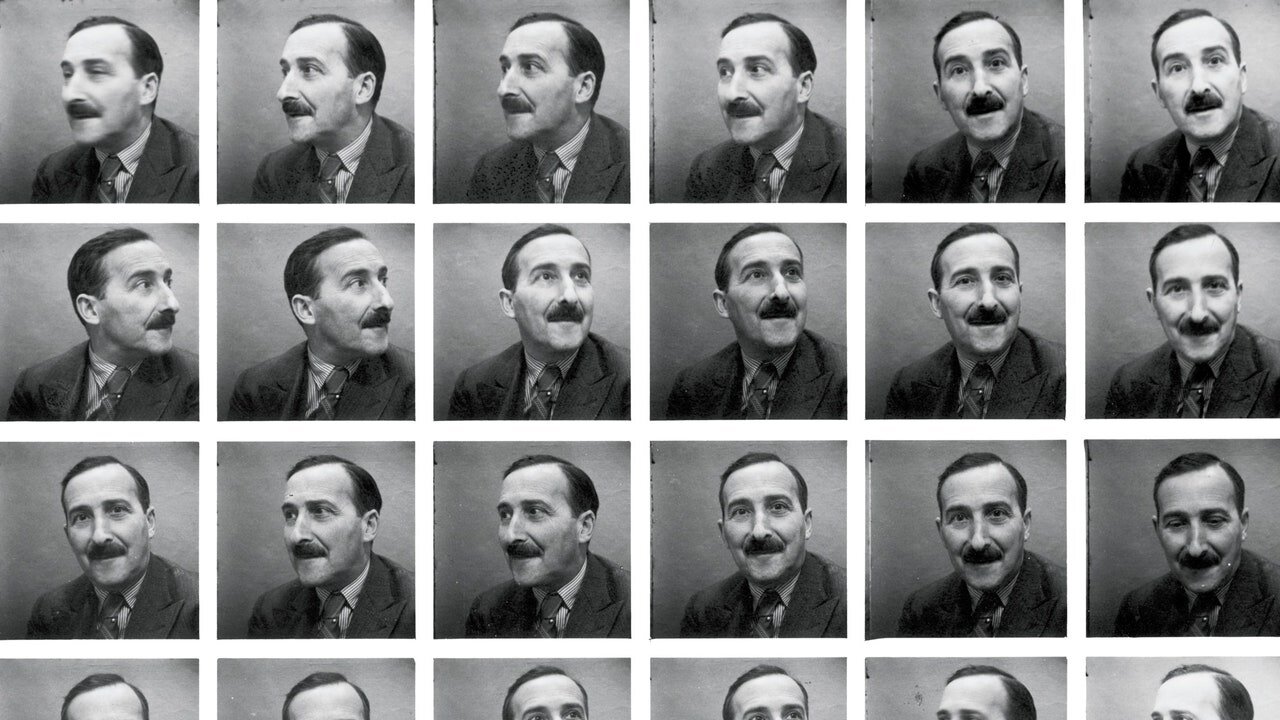STEFAN ZWEIG — CHESS STORY
Image: author photo, via The New Yorker
A reread, aloud with L. This time I was particularly drawn to the narrator of Chess Story. We know little about him but that he is curious and humble. These qualities serve him more than adequately for the particular circumstances he feels obliged to narrate. Only by curiosity could he insert himself into the affairs of others. Only by humility could he take proper stock of the big egos at play. Our narrator is egoless. He is likable for recognizing blowhards but not being too cruel in his assessment of them; always he remains open to seeing the better nature of those who pass into his orbit. In this he is a writerly persona, though he never claims to be a writer. We know nothing of his history or circumstances, only that he happens to be on a particular ocean liner which also happens to list among its passengers a chess champion and a man for whom chess became a mania. The conflict in the story fascinates our narrator, and we along with him, but ultimately he has no personal stake in its resolution. The narrator is the chessboard, blank and impassive, upon which other men stand opposed. I don’t like him any less for being at a remove. Indeed it is his remove that endears him to me. Those who do the work of bearing witness do not ask to be lauded.
